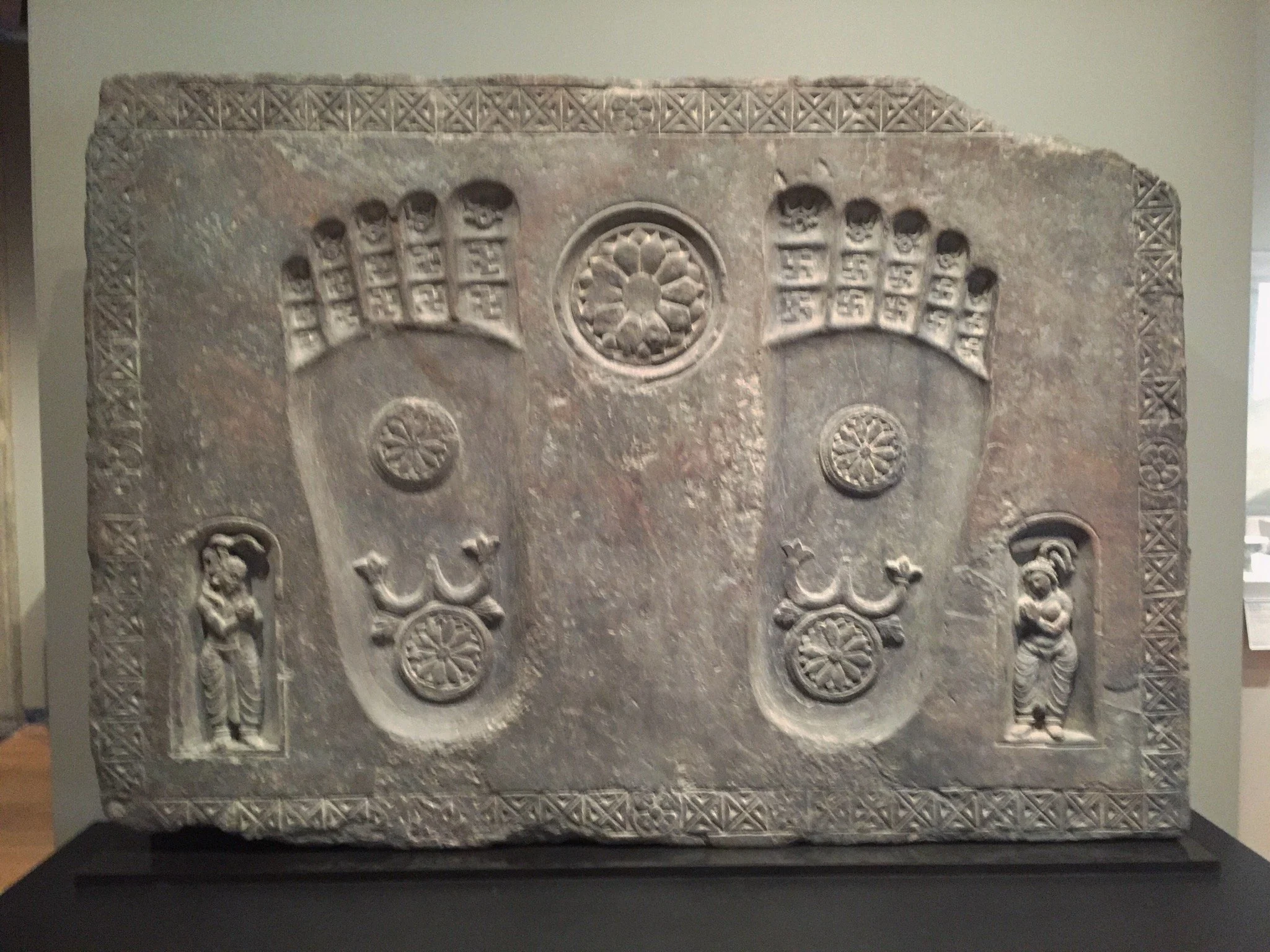form is substance, substance is form (or the clogged sink is an altar, the altar a kitchen sink)
from 2014-2018:
The car
The house
The life savings
Various identities
The old ambitions
Gone.
I also had to sacrifice a good chunk of a record collection that boarded on hoarding.
You can’t own music, either:
it’s in the heart until you want to share it, and in the air for good once you do.
You will either become visible to the larger world, to yourself, or you won’t. The chronically ill are, like those who are poor or isolated for other reasons, residents in an Invisible City, a city filled with people under the radar, of whom not much is expected given their relatively erratic ability to produce in the visible cities of work, school, relationships. But no matter what situation both you and Chance have provided, you will rise above your challenges or mistakes or you won’t. But you can accept yourself exactly where you are living, with exactly what you are
losing, and move forward, and along the way try and help other people become visible too.
In Buddhism it is believed that each of us is already enlightened, in possession of Buddhanature; we only need to work through our fears, biases and delusions in order to see that what we seek is already within us. The city of our “True Selves” is also, in a sense, an Invisible City, a vague but oddly familiar place, one we recognize inside us once we stop looking for it outside of us.
So in gain and in loss there is a golden opportunity to change, to burn off delusions and maybe discover some skillful means for helping other people, or develop compassion is ways not possible without illness, foreclosure, bankruptcy. Times of difficulty are also times for being scared shitless, for living without a net.
An old Zen kung-an asks: "There is nothing to do. So what will you do?" We all embodyingmany possible answers, unique to ourselves alone, yet common to all. Where to go next?
What to keep,
what to finally admit isn’t worth holding onto to as a possibility?
For Thought or Non-Thought:
Five Books
Nikos Kazantzakis—Saviors of God
James Agee—Let Us Now Praise Famous Men
Walter Benjamin—The Arcades Project
Paul Fussell—The Great War and Modern Memory
Nicanor Parra—poems and antipoems
One name:
Baekoon Kyunghan, Korean Zen monk and poet (1299 – 1375)
